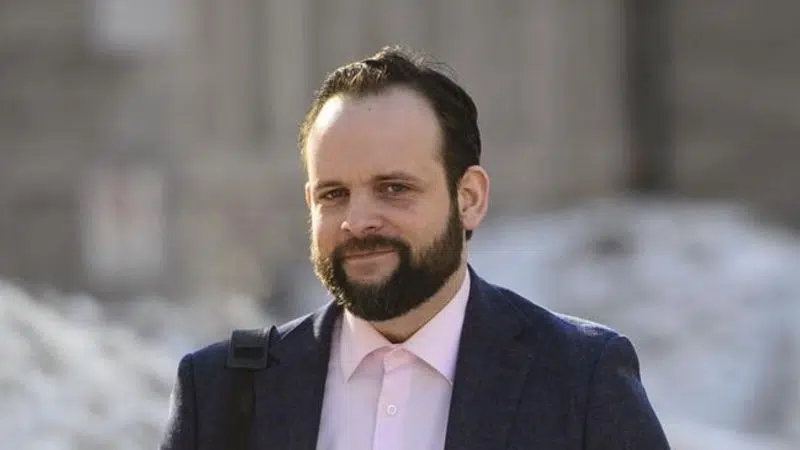
Boyle’s lawyer cites dangers of mid-trial appeal about sexual-activity evidence
OTTAWA — A mid-trial appeal about sensitive evidence concerning sexual activity could endanger the timely completion of Joshua Boyle’s assault case, a lawyer for the former Afghanistan hostage told a judge Wednesday.
Eric Granger said the legal challenge by Boyle’s estranged wife Caitlan Coleman, the alleged victim, is resulting in “fragmented proceedings” amid the pressures of a schedule intended to ensure the constitutional right to be tried within a reasonable time.
Boyle, 35, has pleaded not guilty in the Ontario Court of Justice to offences against Coleman, 33, including assault, sexual assault and unlawful confinement.


